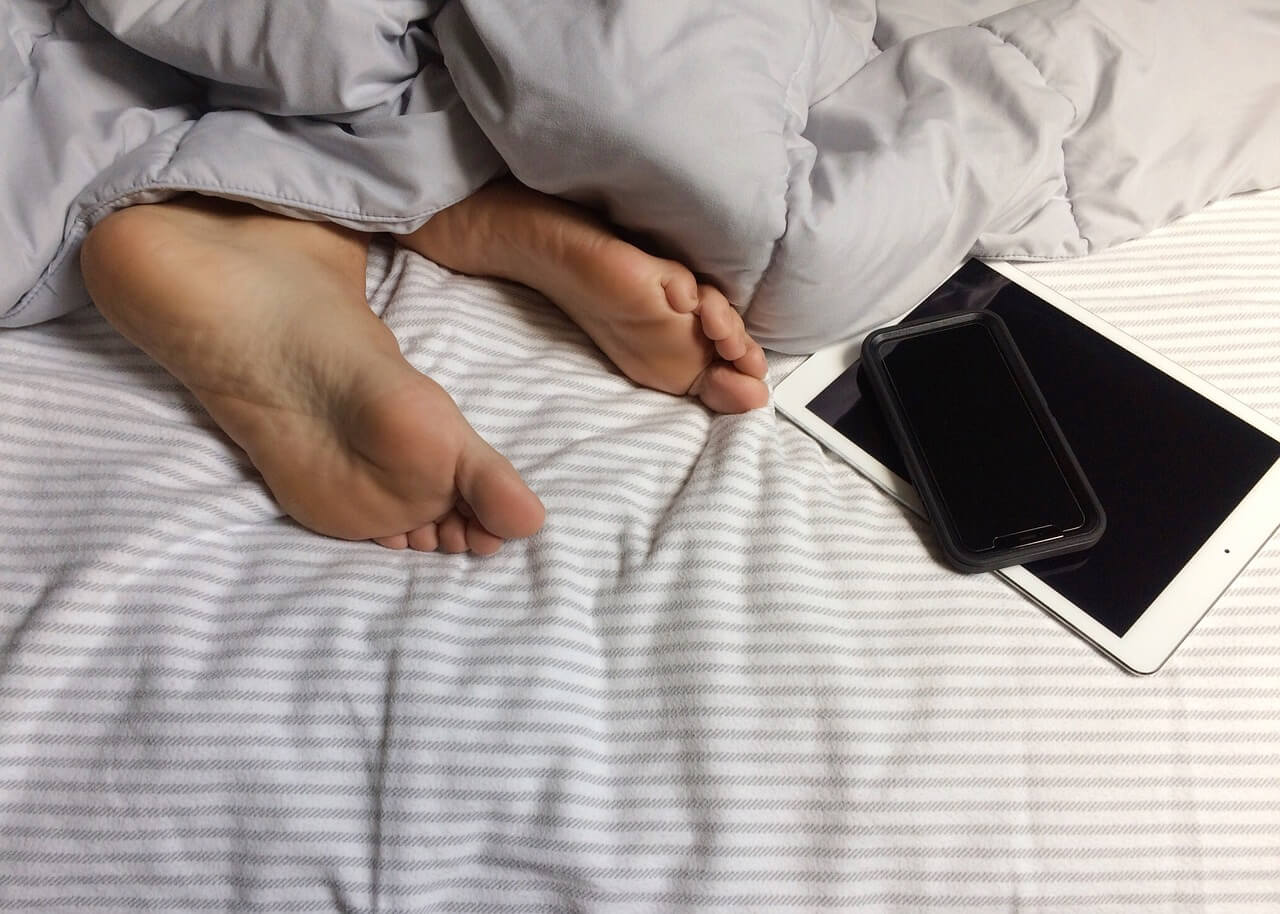Oct 25
2018
Sharing Too Much? A Tale of Privacy, Big Data and Sleep Technologies
By Brooke Faulkner, freelance writer, @faulknercreek.
 The proliferation of wearable mobile-connected devices has done a lot of good for people trying to lead healthier lives. People are able to gather data about their sleep to help them get better rest, track insomnia, stress, and exercise, and keep up to date on their own daily routines and health.
The proliferation of wearable mobile-connected devices has done a lot of good for people trying to lead healthier lives. People are able to gather data about their sleep to help them get better rest, track insomnia, stress, and exercise, and keep up to date on their own daily routines and health.
Many of the devices exist not just as trackers but as ways for people to motivate themselves to exercise more, go to bed at more regular times, and other little things that slip by in the daily grind.
Specialists can access information far more quickly and easily to help us with medical problems. With the way technology is advancing, you can now even also use online apps to calculate sleeping patterns and wake up times.
Healthcare Data in the Modern Age
Sleep is absolutely related to health. Many health issues affect our sleep or are caused by issues with sleeping. A number of medical professionals are interested in how, when, and for how long we sleep. These days, that information is stored in digital medical records, which have a number of advantages. Specialists can access information far more quickly and easily to help us with medical problems.
There are, however, disadvantages to medical records being easily accessible and easily updatable. Privacy and security have become major concerns for healthcare providers, as the records contain our most sensitive information, which proves highly valuable to hackers.
Official medical records, however, are just the tip of the iceberg. We use the internet not only as a go-to for advice about medical conditions, but as a method to voluntarily record all sorts of data about us. Recording, storing, and tracking sleep data on our personal devices gives us a lot of power to “do it yourself” when it comes to preventative health and tracking changes in our sleep patterns. This ease of use, however, comes with a cost. It’s not all about sinister hackers, either; that data can be used in all sorts of ways that are, while not outright damaging, at least partially invasive.
Wearables, Bluetooth and Data
Tech companies are working on more advanced ways to use high-tech devices to track our sleep. These include wearables and even devices that don’t need to be attached to the body. The amount of information gathered, and its accuracy, varies greatly by device. The Bluetooth connectivity and the ability to store, track, and share the data the devices collect are parts of their appeal.
The number and type of people who benefit from this information is vast. Sleep disorders are a common side effect of other medical disorders, and managing sleep is an important part of living a healthy lifestyle, especially for people who are at greater risk for certain conditions.
You don’t need to have or be at risk for medical complications to make use of sleep data, however. There are plenty of careers in the U.S. which require people to work long or unconventional hours. Night shifts and long shifts, such as those worked by nurses, can cause havoc with the circadian rhythms that regulate our sleep. This can create complications for otherwise completely healthy people. Being able to self-regulate with the help of wearable devices is a great advantage.
Doing that, however, generates a lot of data: data about your schedule, your health and your patterns. It’s nowhere near as sensitive as, for example, the Social Security number in your health records, but that data is still useful, and it often gets shared out voluntarily on social media and accessed by other apps. The more data you generate and share about yourself, the easier it is for companies to use it to market to you. User-generated data is becoming a huge issue in the world of marketing and digital ethics. Let’s be honest: a company marketing products to you based on your sleep patterns is, at best, pretty creepy.
There are multiple sides to every issue. For people who have health conditions that require monitoring, easy access to user-generated data can reduce hospitalization and have potentially life-saving results. However, data collection about the things we choose to track for use in advertising is a modern norm. The downside is unfortunate; you may want to think carefully about social sharing and app permissions, and look into where your data goes and how it’s stored.